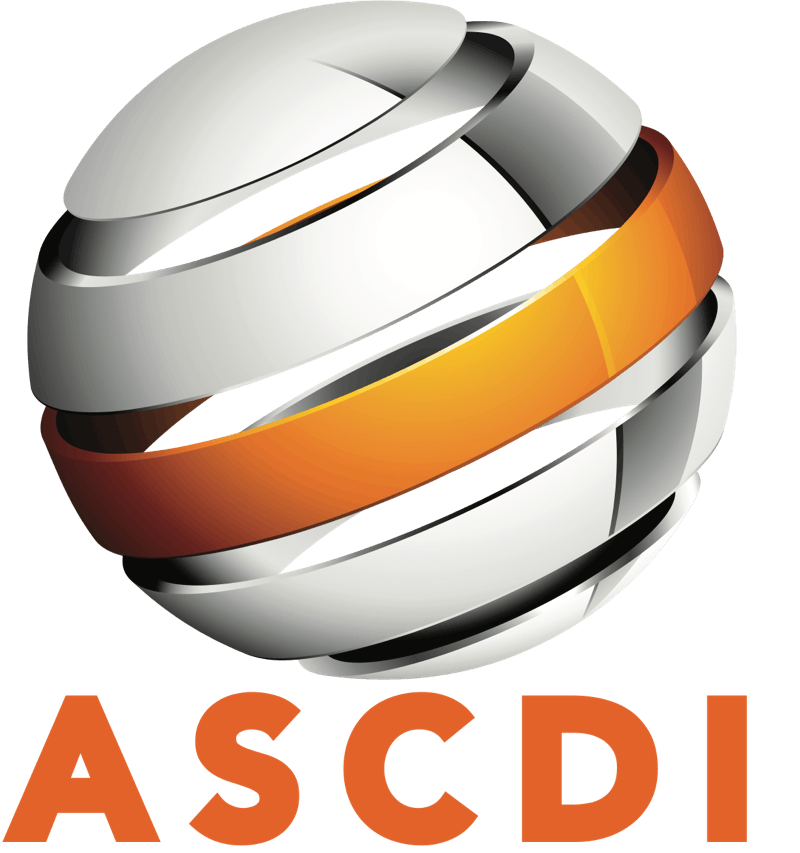SAN FRANCISCO – A federal court ruling this week threatens the tactic of using license agreements to exert control over items such as cars, tech products and appliances. Thousands of everyday items, from autos to refrigerators, rely on embedded software in order to operate. Increasingly, manufacturers try to leverage this software to maintain post-sale control over the items. Case in point: GM cars. The automaker has buyers sign a license agreement for software that’s essential for the cars to run. GM claims that under copyright law, this makes the car buyers mere “licensees,” not owners who can use, rent or resell their cars as they see fit. But the ruling by U.S. District Judge Beth Labson Freeman in the Cisco Systems Inc. vs. Beccela’s (BecTech) threatens to upend this sort of tactic. The case involves Cisco networking devices, which are commonplace in schools, home offices, government agencies, and businesses large and small. Cisco sells the devices as hardware, but users have to click “accept” on a purported license agreement in order for the devices to function. Online dealer BecTech filed a claim alleging that Cisco sells networking devices without informing buyers upfront that they won’t actually be “owners,” but rather mere licensees. Cisco responded with a motion asking the court to dismiss BecTech’s claim, arguing that such licensing agreements are commonplace and valid. But the court ruled that BecTech’s lawsuit could proceed, finding that “there are questions of fact regarding whether consumers of Cisco’s goods sufficiently agreed to the software license, such that it would bind them.” This ruling appears to be the first case in the nation where a court has allowed litigation to proceed against a major manufacturer about whether a license agreement involving embedded software is valid.
